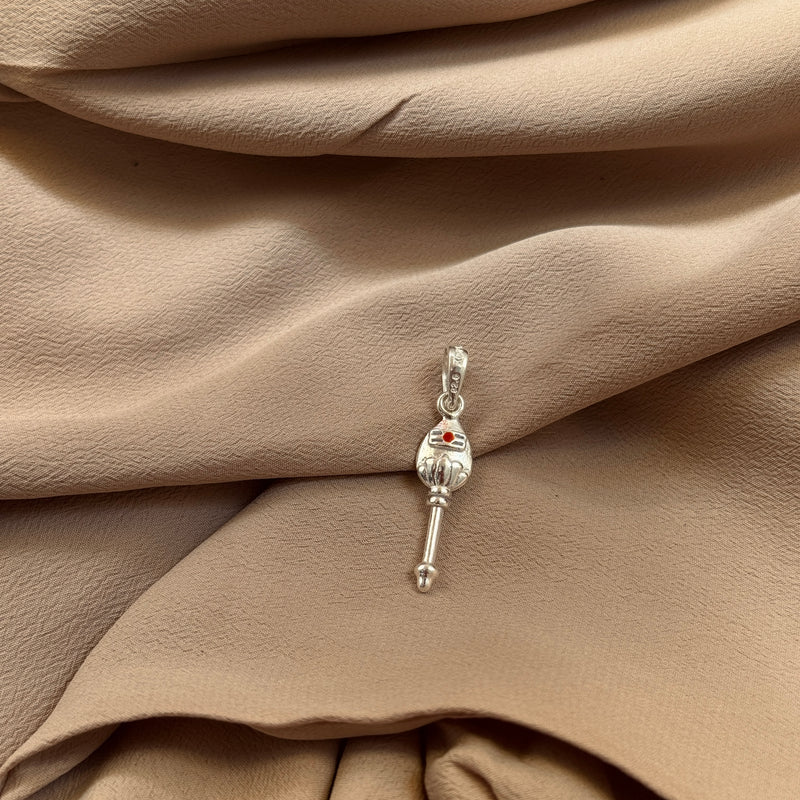In the rich spiritual heritage of Hinduism, Lord Murugan stands as a radiant embodiment of divine strength, youth, wisdom, and victory. Yet he is known by many names—Skanda, Subramanya, Kartikeya, Shanmukha, Saravana, and more.
Why does one deity carry so many identities? What is the deeper meaning behind each of these names?
To understand this, we must look beyond the linguistic and into the symbolic, mythological, and spiritual layers of his being. Each name reveals a unique facet of Murugan’s divine purpose, qualities, and universal role.
The Divine Son of Shiva and Parvati
Born from the blazing fire of Lord Shiva’s third eye and nurtured by the divine river Ganga, Murugan is the God of War, the commander of the celestial armies, and the slayer of the asura Surapadman.
But he is not just a warrior—he is a spiritual teacher, a protector of dharma, and a bridge between youthful energy and eternal wisdom.
Why So Many Names?
Each of Murugan’s names originates from different regions, scriptures, and aspects of his life. Together, they form a multi-dimensional portrait of a single divine being who appears in many forms, to many seekers, for many purposes.
Let’s explore the most well-known names and their meanings:
1. Skanda – The Emanation of Power
The name Skanda comes from the Sanskrit root “skand”, which means to leap or flow. It refers to his birth from the fiery sparks of Shiva’s energy, which leapt into the world to destroy evil.
-
Found in: Skanda Purana
-
Symbolizes: Divine mission, swift appearance, unstoppable energy
-
Spiritual essence: The force that descends when righteousness is threatened.
2. Kartikeya – The Child Raised by the Krittikas
In many traditions, Murugan was cared for by the six Krittikas (Pleiades stars). Hence, he is called Kartikeya, meaning "Son of the Krittikas."
-
Found in: Mahabharata, Ramayana, and Puranas
-
Symbolizes: Celestial origin and universal guardianship
-
Spiritual essence: Being nurtured by cosmic forces to serve a cosmic role.
3. Subramanya – The Auspicious One
“Subramanya” combines ‘su’ (good, auspicious) and ‘bramanya’ (spiritual knowledge or conduct). This name reflects Murugan’s wisdom, purity, and mastery of the Vedas.
-
Revered particularly in: South India (Tamil Nadu, Karnataka)
-
Symbolizes: Divine intellect, truth, and purity
-
Spiritual essence: The perfect teacher and spiritual warrior.
4. Shanmukha – The Six-Faced Lord
Shanmukha means "one with six faces." Each face represents one of the six attributes of enlightenment—wisdom, detachment, strength, fame, prosperity, and divine energy. The six faces also relate to the six Krittika stars who nurtured him.
-
Worshipped as: Arumugan in Tamil Nadu
-
Symbolizes: Omnipresence and spiritual completeness
-
Spiritual essence: Seeing all directions, understanding all paths.
5. Saravana – Born in the Forest of Reeds
Murugan was born in Saravana Poigai, a sacred pond surrounded by reeds. “Saravana” thus connects him to nature, water, and purity.
-
Recited in: Ancient Tamil hymns and mantras
-
Symbolizes: Divine birth through elements
-
Spiritual essence: Purity emerging from chaos.
6. Murugan – The Tamil Name of Love and Devotion
“Murugan” means "youthful one" or "beautiful one" in ancient Tamil. It is the name by which he is most passionately worshipped in Tamil Nadu, where he is considered the deity of the Tamil people.
-
Found in: Sangam literature, Tiruppugazh hymns
-
Symbolizes: Devotional intimacy, beauty, and grace
-
Spiritual essence: Divinity made accessible, personal, and beloved.
Why Do These Names Matter?
Each name of Murugan is not just a label—it is a mantra, a portal, and a spiritual teaching.
When you chant “Skanda,” you invoke divine urgency.
When you say “Kartikeya,” you call upon celestial protection.
When you whisper “Subramanya,” you align with spiritual wisdom.
And when you say “Murugan,” you open your heart to divine love.
Wearing His Symbol – A Daily Reminder
Wearing a Murugan pendant, especially one shaped like the Vel (sacred spear), allows you to stay aligned with his energy of courage, clarity, and protection.
Explore Our Pure Silver Murugan Pendant Collection Here – Beautifully crafted symbols of divine power and spiritual strength.
Trusted References
Final Thought: One God, Many Paths
Lord Murugan is not limited by one form or one story. He comes as Skanda the warrior, Subramanya the sage, Kartikeya the celestial general, and Murugan the beloved child.
He reflects the many faces of your own journey—your strength, your questions, your need for protection, and your longing for truth.
So call him by any name.
He will answer—not just with blessings, but with light.
Arogara Muruga! May his many names guide your one true path.




